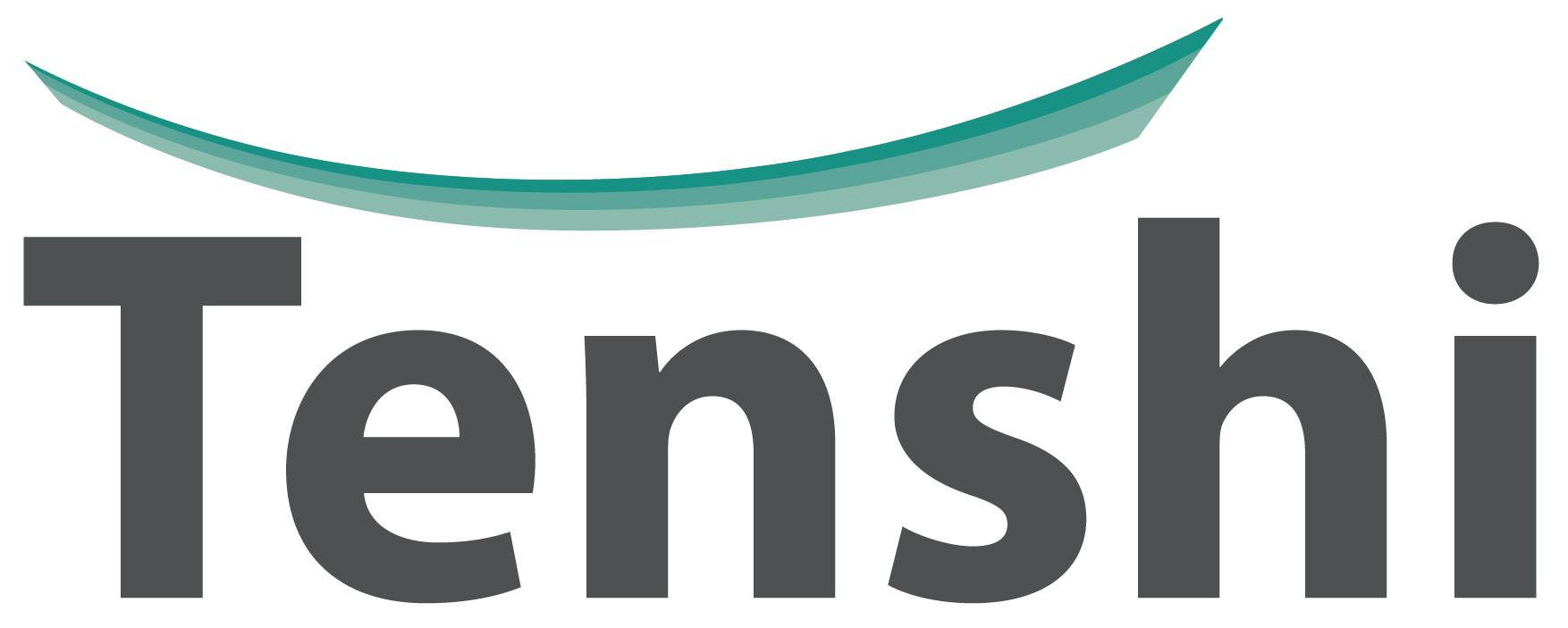Tenshi have recently begun working with Tfl on a trial to help reduce fatigue among bus drivers and ultimately prevent fatigue-related incidents on the road. We have partnered with Senseye to install an innovative screening process, which measures bus driver fatigue before they start their shift; giving enough time to intervene, if required, with wellbeing support.
Who is Tfl?
TFL are a transport authority, responsible for meeting Mayor Sadiq Khan’s strategy and commitments on transport in London. They run the daily operation of the Capital’s public transport network, plus manage London’s main roads.
The growing issue of fatigue amongst bus drivers
A recent study by the Loughborough University, found that (from a study of 21 drivers) 1 in 5 bus drivers suffer from fatigue between 2-3 times per week and 36% of respondents had a ‘close call’ due to fatigue in the past 12 months.
The common consensus was that drivers feel uncomfortable reporting instances of fatigue for fear of being disciplined by senior management. The contributing factors to fatigue are wide and at times complex.
To help combat this growing issue, back in June 2021,Tfl opened registration for their ‘Bus Driver Fatigue and Health & Wellbeing Innovation Challenge’, whereby companies presented their innovative ideas and solutions to monitoring and reducing fatigue amongst bus drivers, in a safe and quantifiable way.
Introducing Tenshi & Senseye’s solution
Tenshi have been selected as winners of Tfl’s innovation challenge and are partnering with safety technology, Senseye, to deliver a new, human-centred solution to fatigue.
In just a few minutes, Senseye reads the eye through the lens of a mobile camera and identifies a users’ level of cognitive fatigue, with readings equivalent to an MRI scan. Results are logged on a mobile app, allowing drivers to monitor their own fatigue levels and receive appropriate support to relieve it. This quick and easy screening process gives us enough time for wellbeing-related support, which will not only save lives but reduce a broad range of fatigue-related workplace incidents.
What we aim to achieve
Our human centred, collaborative approach to the pilot will put the Tfl staff and management at the centre of the project. By the end of the 4-month pilot, we aim to:
- enhance an environment of trust and support,
- encourage decision making regarding improving lifestyle choices,
- drive uptake of preventive interventions, before an accident takes place,
- motivate staff for stronger self-determination regarding their health and wellness.
The intention is that once the pilot can demonstrate a realistic improvement in fatigue measurement, positive perception shifts of quantified fatigue, and inform interventions to drive behaviour change, that TfL can consider rolling this out to the entire workforce.
Get in touch
Are you interested in running a similar pilot, regarding fatigue in key workers? Get in touch with us for a chat.

